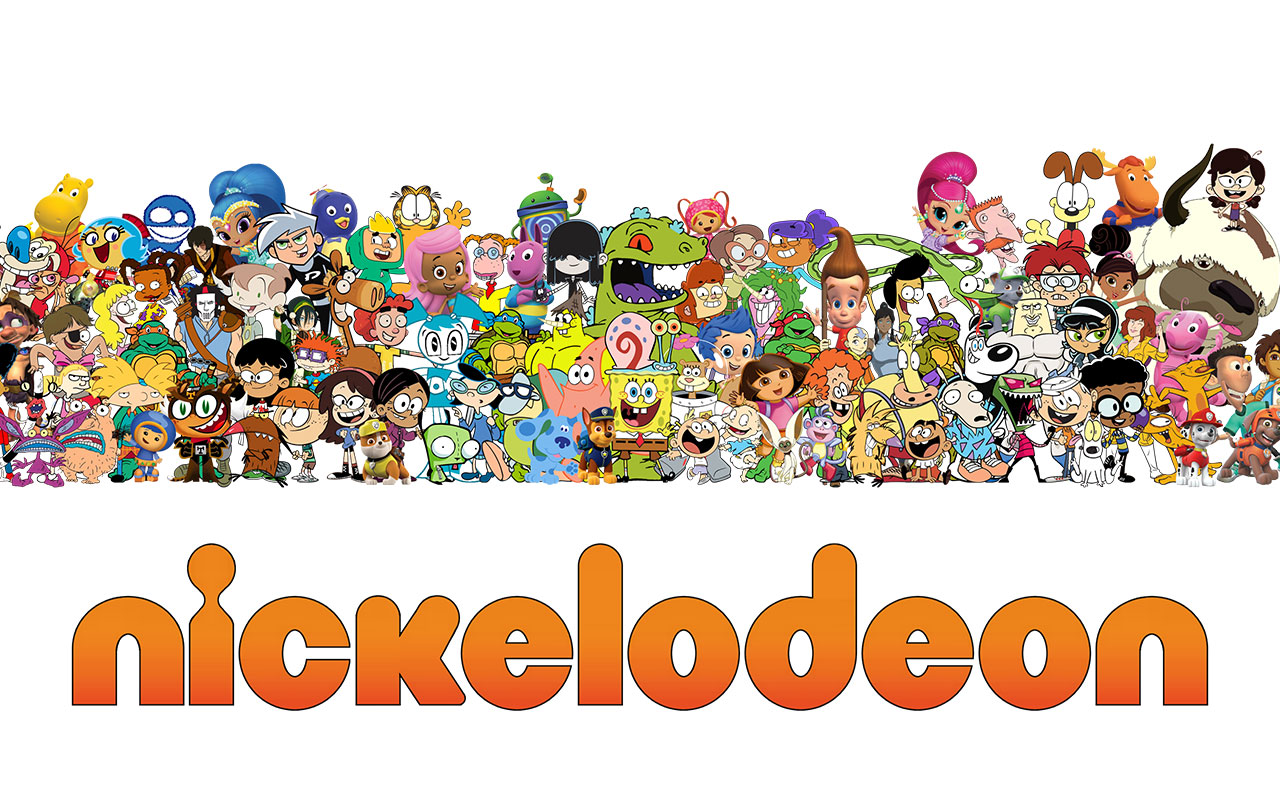Former Nickelodeon producer Dan Schneider has recently made headlines with a candid apology addressing his past behavior and the on-set atmosphere of beloved preteen and teen-focused shows from the 2000s and 2010s. This apology comes in response to the airing of the Investigation Discovery series “Quiet on Set: The Dark Side of Kids TV,” which shed light on troubling aspects of the industry.
Schneider, known for producing iconic Nickelodeon shows like “All That,” “The Amanda Show,” “Drake and Josh,” and “iCarly,” spoke out in a heartfelt video conversation with actor Bobbie K. Bowman, uploaded to his YouTube channel. Expressing remorse and acknowledging the difficulty of confronting his past actions, Schneider emphasized his commitment to accountability and growth.
The documentary featured accounts from several actors and former child stars who alleged instances of abuse, inappropriate behavior, and a toxic work environment during their time on Schneider-produced shows. Schneider took responsibility for his actions, expressing regret for any discomfort or harm caused to individuals involved in the productions.
One particular incident highlighted in “Quiet on Set” involved accusations against dialogue coach Brian Peck, a close collaborator of Schneider’s, who was arrested in 2003 and charged with lewd acts with a child. Schneider, visibly emotional, clarified that he did not hire Peck and expressed sympathy for the victims impacted by these events.
In addition to addressing past grievances, Schneider outlined steps for improvement within the industry, advocating for the presence of therapists on set for child actors and emphasizing the importance of their well-being and consent.
While Schneider’s apology has garnered mixed reactions, with some expressing skepticism and others calling for greater accountability, it raises crucial conversations about the treatment of young actors and the responsibilities of those in positions of power within the entertainment industry.
As the dialogue surrounding Schneider’s apology continues, it prompts reflection on the evolving standards of professionalism and ethical conduct in the realm of children’s television. It serves as a reminder of the importance of fostering safe and supportive environments for all individuals involved in the creative process, particularly young talents who deserve to be protected and respected.
